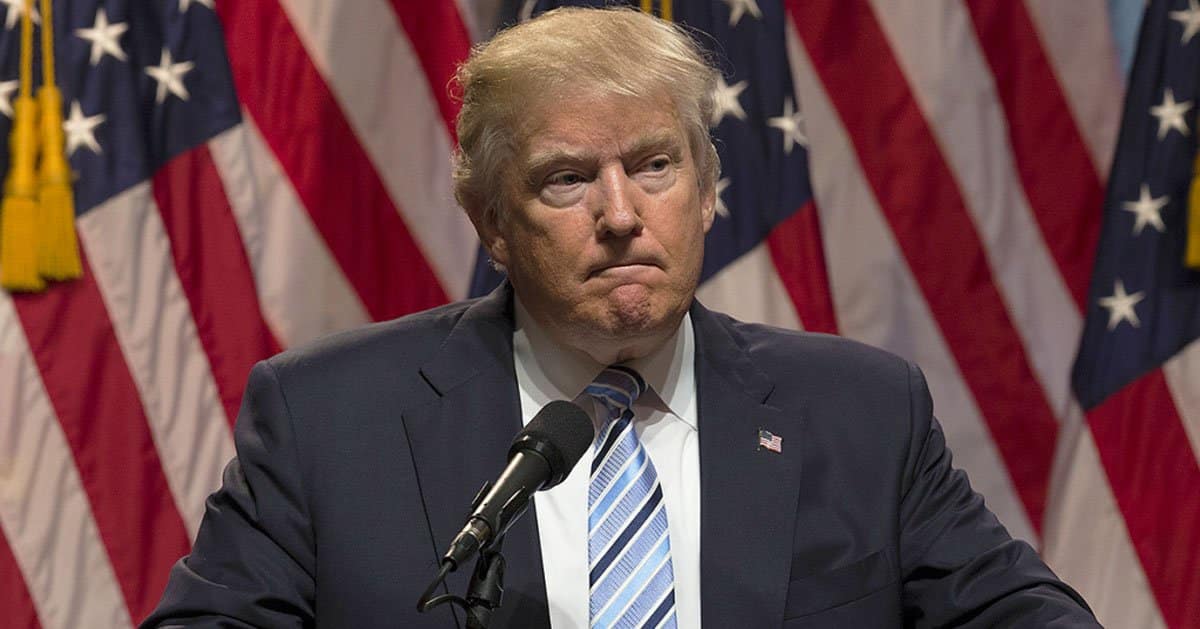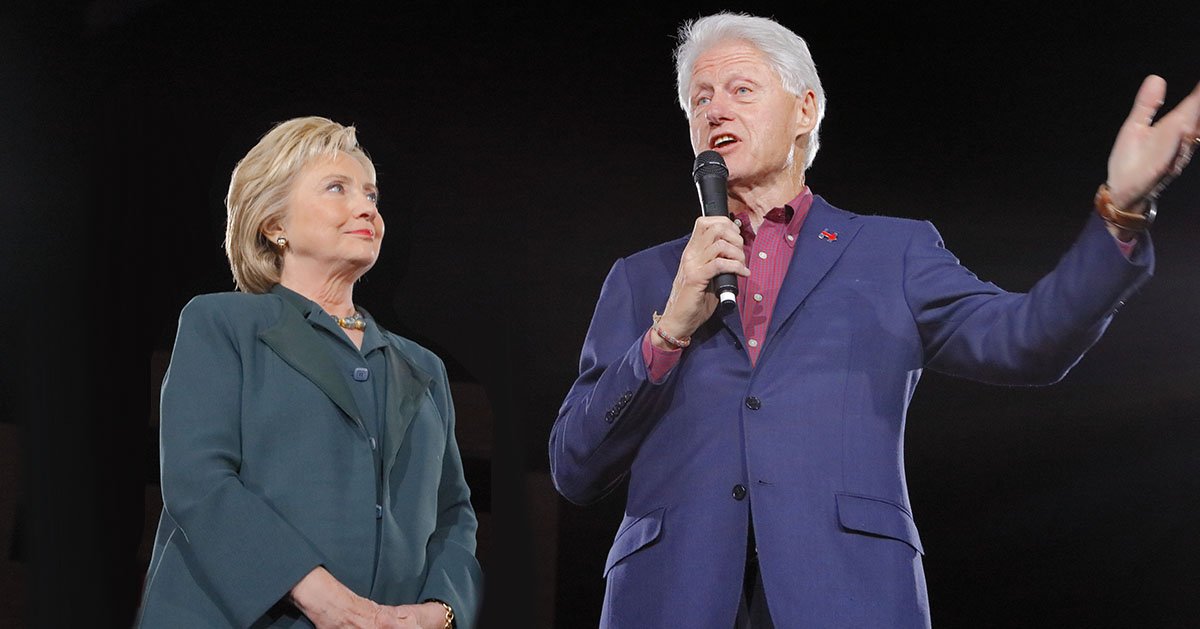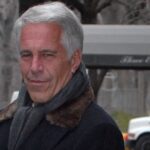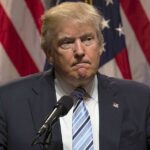








Is New York City ready for a mayoral candidate who cozies up to figures with a troubling past? Zohran Mamdani, a contender for the city’s top job, has ignited a firestorm by associating with Imam Siraj Wahhaj, a Brooklyn cleric with documented connections to extremist figures and ideologies. This isn’t just a political misstep—it’s a flashing red light.
Mamdani’s visit to Masjid at-Taqwa in Brooklyn’s Bedford-Stuyvesant neighborhood on Friday, where he met and posed for photos with Wahhaj, has drawn sharp criticism from retired FBI agents and Muslim scholars who question his judgment and the message this sends.
Let’s rewind to the 1980s and ‘90s for context. Wahhaj, who founded the mosque in 1981, became a character witness for Sheikh Omar Abdel Rahman, the convicted mastermind behind the 1993 World Trade Center bombing that shook the nation. He also sponsored appearances by Rahman and raised funds for El Sayyid Nosair, convicted of seditious conspiracy tied to the same attack and the assassination of Rabbi Meir Kahane in 1990.
Wahhaj’s past isn’t just ancient history—it’s a pattern. In 2011, he urged support for Aafia Siddiqui, known as “Lady Al Qaeda,” who’s serving an 86-year sentence for attempted murder and ties to the 2001 World Trade Center attack mastermind. While Wahhaj was never charged in connection with the 1993 bombing and denies involvement, his consistent defense of controversial figures paints a concerning picture.
Then there’s the rhetoric. In speeches spanning the early ‘90s to 2003, Wahhaj has called the U.S. a “garbage can,” pushed for replacing the Constitution with Islamic law, and suggested Muslims elect their own leader instead of voting in American elections. These aren’t mere soundbites; they’re a worldview that clashes with democratic values.
Mamdani, seemingly unfazed, shared his admiration publicly. “Today at Masjid At-Taqwa, I had the pleasure of meeting with Imam Siraj Wahhaj, one of the nation’s foremost Muslim leaders and a pillar of the Bed-Stuy community,” Mamdani said. If that’s leadership, one wonders what kind of city hall we’re in for.
Retired FBI agents aren’t mincing words. “Zohran Mamdani’s embrace of Siraj Wahhaj is an example of Mamdani’s ignorance of history,” said retired FBI agent Frank Pellegrino. “Either he doesn’t know who Wahhaj is or he doesn’t care. Whichever it is, Mamdani looks foolish.”
That’s not just a critique—it’s a warning. Associating with someone who’s preached against befriending non-Muslims and supported harsh punishments under Islamic law isn’t a minor PR hiccup. It’s a signal to many that Mamdani might be out of touch with the broader values of a diverse city like New York.
Muslim scholars echo this unease. Dalia Ziada, a respected voice, noted that such alliances sideline moderate Muslims and risk normalizing extremist ideologies that once fueled terror on American soil. Her concern isn’t partisan—it’s about preserving a balanced, safe society.
Wahhaj’s family history adds another layer of complexity. In 2018, three of his children were arrested after authorities discovered 11 malnourished children in a New Mexico compound, where one of his grandchildren tragically died during an attempted exorcism. While Wahhaj wasn’t directly implicated, the incident amplifies questions about the ideologies he’s espoused.
Then there’s the financial web. Wahhaj has headlined fundraisers for groups like the Council on American-Islamic Relations (CAIR), tied to the Muslim Brotherhood, and a political action committee supporting Mamdani accepted significant funds from a CAIR-linked entity. These connections aren’t illegal, but they raise eyebrows about where loyalties might lie.
Critics argue this isn’t just about one photo op. Wahhaj’s long record of derogatory remarks about American society and his support for figures convicted of terrorism-related crimes suggest a deeper ideological divide. Mamdani’s apparent disregard for this history feels like a slap to those who remember the pain of past attacks.
Some might say Mamdani is just reaching out to all communities, a noble goal. But when that outreach includes smiling alongside someone who’s called American democracy inferior to strict Islamic law, it’s hard not to see it as a miscalculation at best, or a troubling endorsement at worst.
Moderate voices in the Muslim community deserve better than being overshadowed by radical rhetoric. The concern here isn’t about faith—it’s about ensuring public officials align with principles of unity, not division. New Yorkers, of all people, know the cost of ignoring warning signs tied to extremist ideologies.
So, what’s the takeaway as Mamdani campaigns for mayor? His judgment in aligning with Wahhaj isn’t just a footnote; it’s a litmus test for whether he grasps the weight of leadership in a city that’s been a target before. Let’s hope this is a stumble, not a sign of things to come.



